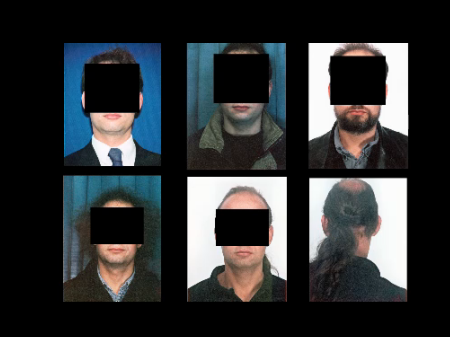 http://www.guardian.co.uk/uk/2011/jan/24/undercover-police-met-spy-unit
http://www.guardian.co.uk/uk/2011/jan/24/undercover-police-met-spy-unit Undercover police officer warns against giving Met control of spy unit
Rob Evans, Tony Thompson and Paul Lewis
guardian.co.uk, Monday 24 January 2011 20.03 GMT
Tim Godwin will have to explain why a Met colleague erroneously told MPs that no undercover police were at the G20 protests. Photograph: Graeme Robertson for the Guardian
The first undercover police officer to infiltrate the environmental movement has warned against allowing the Metropolitan police to take over the unit responsible for monitoring "domestic extremists".
Peter Black, who was undercover for four years, said it would be a "terrific mistake" if Scotland Yard were given control of the secretive unit, which has been running spies in protest groups.
He spoke out as the acting head of Scotland Yard was due tomorrow to be summoned to a parliamentary committee to apologise for misleading it over the presence of undercover police at the G20 protests.
Tim Godwin, acting commissioner of the Met, will have to explain why Commander Bob Broadhurst, in charge of policing the G20 rally, erroneously told the home affairs select committee that no undercover police were at the 2009 protests.
The Guardian revealed this month that, contrary to police assurances, PC Mark Kennedy, a Met officer who was undercover for seven years, was present at the London rally during which the newspaper seller Ian Tomlinson died.
Black, a former Met officer, was initially deployed against environmental activists protesting against the M11 link road. His deployment lasted from 1993 to 1997.
Undercover policing has been thrown into turmoil after revelations in the Guardian in the last two weeks, leading to three formal inquiries and admissions from police chiefs and ministers that something had gone "badly wrong".
Concerns have focused on police spies being run by an Association of Chief Police Officers unit not accountable to the public. Control of this unit will now go to Scotland Yard, reportedly to its counter-terrorism command.
Black, who is using the alias he adopted while undercover, said this plan "would be a terrible mistake". This unit started life under the Met and remained that way until 1999. Virtually all the complaints that are now emerging about the use of undercover officers to tackle domestic extremism concern the Met. Black said: "Past experience shows that the Met is simply not accountable enough to take control of this unit. There is a danger that the resource will not be properly managed and that the issues that are raising concerns will continue to do so."
It was while the unit was under the control of the Met's special branch that concerns were raised about the psychological effect of such long-term deployments and whether enough was being done to secure the welfare of those in the field. Black took part in many demonstrations and was attacked by uniformed officers on numerous occasions.
Five undercover police in the protest movement have been identified. Four are accused of having inappropriate sexual relations with activists they spied on, behaviour "never officially sanctioned".
Black, who is the officer referred to as Officer A by the Observer, told the newspaper that undercover officers routinely used sex as a tactic, with the approval of commanders, to glean information.
Meanwhile, protesters blockaded the main entrance to Scotland Yard in a demonstration against undercover police officers having sex with members of groups they had infiltrated.
Anna Jones, one of the 35 protesters, said: "These women were not able to give informed sexual consent."



Comments
Display the following 13 comments